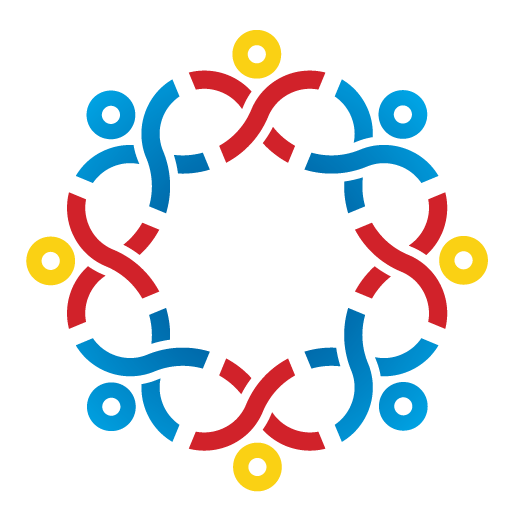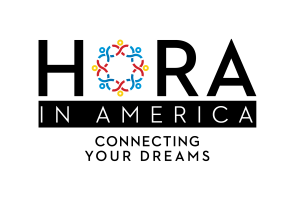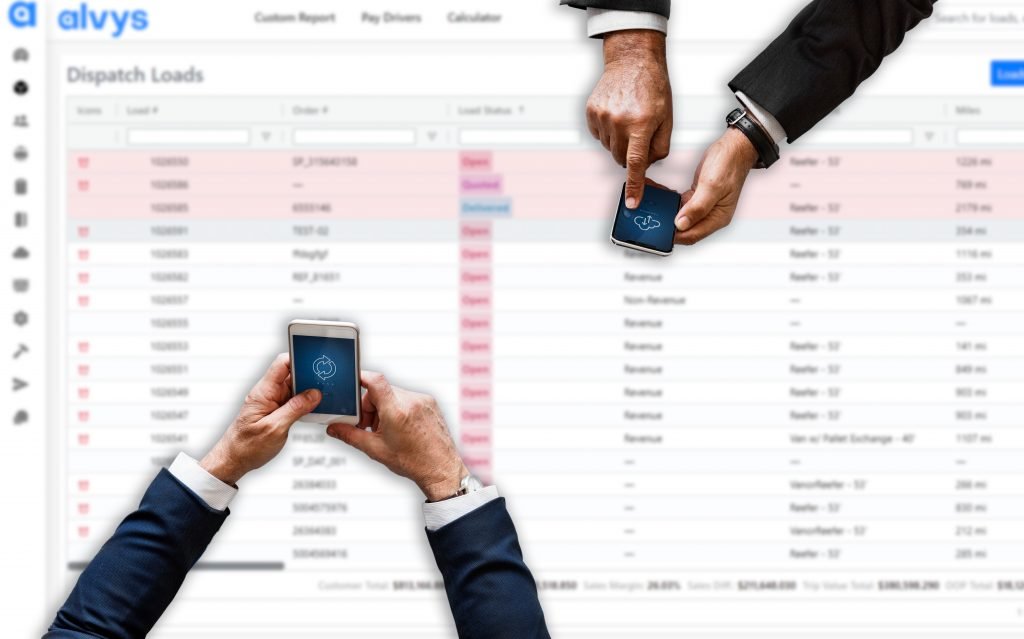
Nick Darman (Nick Darmanchev), a Chișinau native, left Moldova in his youth and now lives in San Diego. Could hardly imagine back then that after graduating from Georgia State University with the degree in Economics, and after working at JP Morgan as a financial analyst, he would take a sharp turn and start his own software engineering company named Alvys. He runs it together with its co-founder and CTO, Leo Gorodinski, the former VP of Engineering at Jet.com that was sold to Walmart for 3.3 billion dollars, and now joined Nick in his venture. This very company, in an unusual leap of fate, brought him back to Moldova.
“When I left Moldova in 1996,” he says, “Moldova was experiencing difficult times and it seemed as if hope for better times was only a dream that will never come true. But I rediscovered my motherland when I went back last January for the first time in 25 years, and I was very impressed with the quality of people I found there. They were very pleasant, kind, and knowledgeable. I also discovered that Moldova is full of different types of engineers. This inspired me to expand my engineering company in Moldova. We started our operation in June and hired about 50 engineers. We expect in the next 6 months to have over 100 people in our Chisinau office.
I also attended the Moldovan-American Convention (MAC7) that was held in Las Vegas last December, and one of the things that impressed me at this event was that there were many successful business people in the room and they all had a passion to give back and be involved in the Moldovan community. Even if they left Moldova for a better life, like I did, once they got their good life, they haven’t forgotten about their roots and where they came from. They wanted to do something for their country. And that’s very inspiring.”
Irina VanPatten: So, what’s Alvys? Can you explain how your system works?
Nick Darman: Our product services three main customers: the trucking companies, freight brokers and shippers. In other words, when a manufacturing facility needs to ship their product, they hire a freight broker to find the right truck to pick up and deliver the product. Each one of those companies have different needs but they all deal with the same shipment. Alvys can help all three companies to run their operations more efficiently by automating their day-to-day workflows.
The shipper has an order from his customer. The load is created and needs to be shipped to its customer. The trucking company is taking this load and delivers it from point A to point B. When the drivers of this trucking company are plugged into our mobile application, the trucking company gets the reports of the shipment, that is also reported to their accounting department, basically allowing them to manage their fleet and their accounting at the same time. It’s an end-to-end operating platform for trucking companies, freight brokers and shippers, forming one common ecosystem for everyone in the supply chain.
Irina VanPatten: What type of training do you need to provide to the driver to use it?
Nick Darman: The mobile application is very intuitive. The drivers are already doing the same functions every day but mostly manually. They need to report the time of arrival, the time of departure, they need different things during the life cycle of a load, such as asking for an advance, or to activate a fuel card. Now they can access the application and report all this data automatically, which then gets reported either to the customers or to the accounting department of their trucking company avoiding multiple phone calls and text messages to dispatchers. Our software provides efficiency and organization. In the end, everyone wins, including the drivers who get their payments faster due to the entire process being streamlined.
Irina VanPatten: Are you planning on taking it globally?
Nick Darman: Absolutely. It’s going to become a global platform to help trucking companies and shippers with their logistics and help eliminate friction in their daily operations. Right now, our priority is the US and Canada markets. Our second market will be South America, including Mexico. We are planning to go to Western Europe in about two years. Hopefully, later on, we could get into some of the Asian countries.
Irina VanPatten: How long did it take for you to develop your platform and how many engineers did you need for that?
Nick Darman: We started building the platform to help an asset-based freight brokerage company automate their internal workflows. It took us about 4 years to establish a solid product after which I founded Alvys to take the product to market. We are growing rapidly and are hiring engineers all over in the US, Jamaica and now in Moldova. We’re probably going to be a company with about 300 engineers in about 3 years. Moldova alone will have about 100 engineers.
Irina VanPatten: Do you have enough talent in Moldova to hire now?
Nick Darman: Definitely, there is a lot of engineering talent in Moldova. Though, there is a cultural difference in the way engineers work in Moldova. The engineers there are mostly involved in short-term (3 to 6 months) projects with emphasis on speed. Once the project is completed, they are moved to another project.
Our company is different because we have our own, long-term product which is in constant development. We have to change the engineers’ mindset in how they build this kind of product. Planning and understanding a particular module and completing it accurately is very important. If the assigned team for a specific module is not architecting the module correctly, it will cause problems in the entire product and hence add stress to the rest of the engineering team.
Irina VanPatten: Do your engineers work in teams?
Nick Darman: Yes, we have joined teams from US, Jamaica and Moldova who work on the same module. One engineer could be from Moldova, the other one from the US, and the third one from Jamaica, and the manager could be in Moldova for a particular module. Or the manager could be in the US to manage it. For us, it doesn’t matter where the engineers are located, they all work on the same module, as long as everyone has the same standard in coding. Right now, the engineering team in Moldova has one of the most important modules they need to build but they are also sharing it with other engineers from our US and Jamaica office.
Irina VanPatten: How do you deal with the time difference when all the team members are in different time zones?
Nick Darman: It actually works very well. Once the engineers in the US are done for the day, the Moldovan guys are starting to work. It becomes a continuous process. It, also, helps in monitoring the system easier as it can never go down. The same process is applied in our Customer Service Support.
Irina VanPatten: Where is your main supply of talents coming from in Moldova?
Nick Darman: The managers in Moldova, that I appointed recently, would be able to tell you more where exactly we sourced them from but we were able to get 50 engineers, including the senior engineers on board pretty quickly from a lot of different places. We also pay a lot better than other companies. Maybe, that was a factor in attracting great talent quickly.
Besides, what we promise to the engineers of Moldova is a completely different environment. They’ll work with someone who built and architected Jet.com to a world-class platform. The engineers joining Alvys will have the opportunity to learn how to build a world-class platform similar to what silicon valley companies like Google and Facebook build.
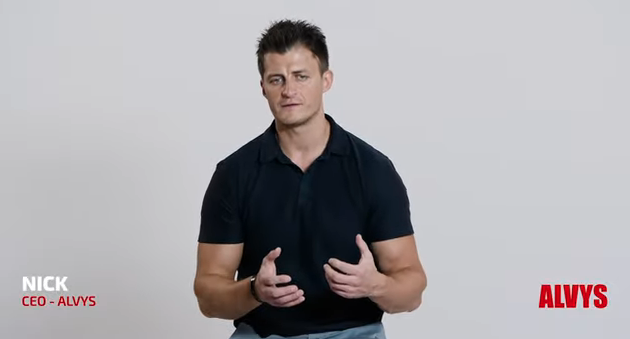
Irina VanPatten: Are your engineers working from home or do you have offices in Chișinău?
Nick Darman: We have offices in Chișinău and most of our folks work from the office. Hybrid model is the way to go, and while I don’t mind people working from home, at the same time, everyone agrees that we need to be together (especially at the beginning stage when we are building the team) to understand each other better, so we can create in unison and work well as a team. But, sometimes, when they are not able to work from the office, they let us know, and they can work from home.
Irina VanPatten: The IT professions are very male dominated. Do you have any support for women-engineers?
Nick Darman: We are trying to. As of right now 70% of our engineers are men but we are trying to break through, and do something about that to create a better balance within our engineering culture. But it’s not easy because there are a lot more men-engineers in the industry than women.
However, in other non-engineering related departments like customer support it’s very balanced. We are usually at 50/50. I know for a fact that women are much better at certain things, and men are better at others. When you put women and men together, they execute much better. I want to do the same in the engineering department, but it will take some time.
Irina VanPatten: If young people are looking for a career in Moldova right now, what would your advice be on why they should choose engineering?
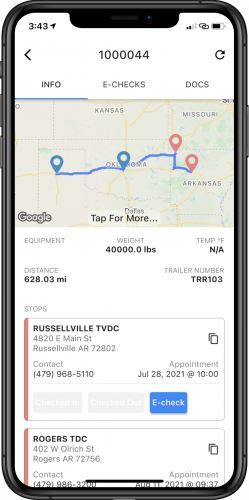 Nick Darman: First of all, I would encourage more ladies to pursue this career because women are detail oriented, and they could easily apply their natural detailed oriented skills to engineering. Since building platforms is an art in itself, we need women in this field because they bring a different angle to development, which is super important when it comes to having a superior product in the market. Besides, the opportunities in this field are limitless. Literally, the sky’s the limit.
Nick Darman: First of all, I would encourage more ladies to pursue this career because women are detail oriented, and they could easily apply their natural detailed oriented skills to engineering. Since building platforms is an art in itself, we need women in this field because they bring a different angle to development, which is super important when it comes to having a superior product in the market. Besides, the opportunities in this field are limitless. Literally, the sky’s the limit.
Irina VanPatten: What is that different angle that women bring?
Nick Darman: I’ll give you an example. I used to work for JP Morgan, which is a large organization, so I worked with thousands of people on the floor. I noticed that, on average, the details were much better managed by women than they were by men. While men were good at laying out a path for long term vision of the project, women were able spot the details and solve problems men would usually miss. You can’t take away from that. There is something special about that ability. Therefore, when the two get together to work on one project, in the end, the project is very successful and it’s better for the end consumer.
